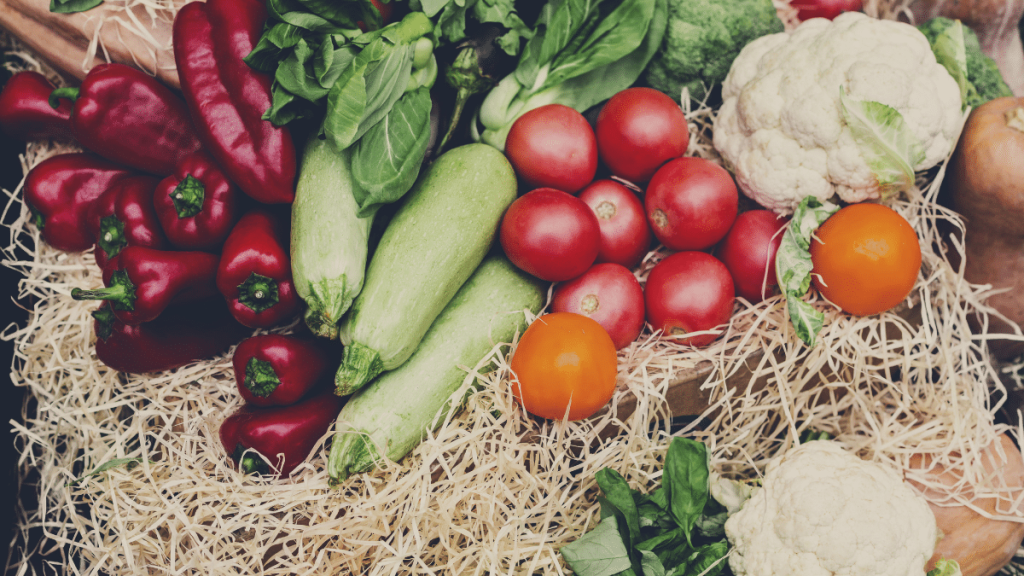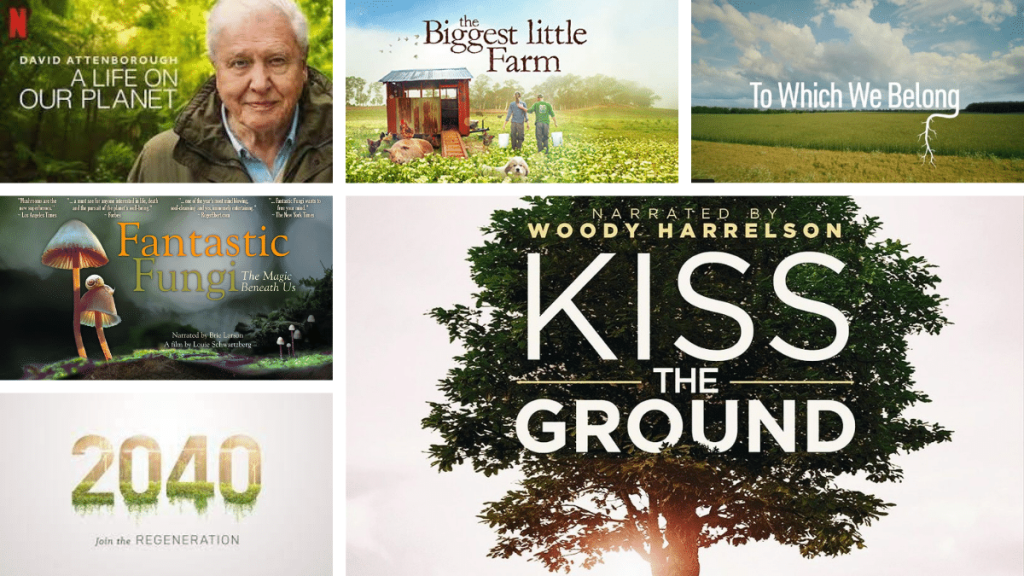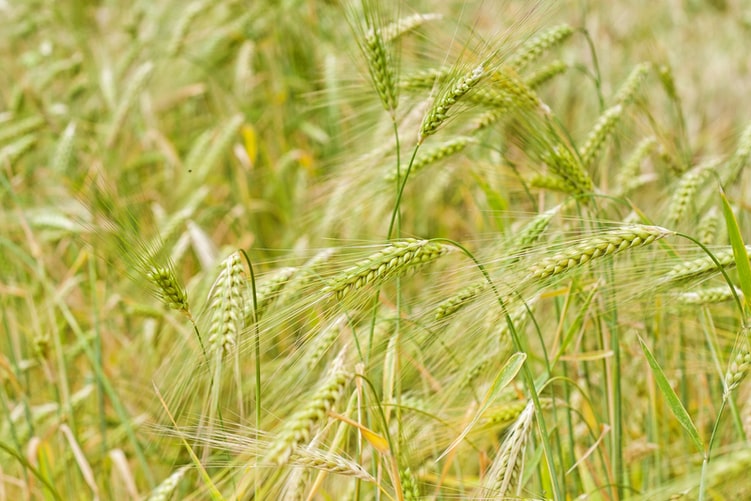10 Things You Can Do in 2022 to Think More About Soil And Food

This is the year to discover secrets of the soil and to savour bounty unfolding. It’s the time to get out of ruts and sink your hands and feet into new depths of knowing the earth’s endless creativity and possibilities.
Whether you’re plopped on a small plot of land or plodding through too many acres, take time to ponder the wealth waiting in the ground to be found and nurtured. Trust in the possibilities of the seasons full of nature’s surprises and the many resources calling you to flourish. And know with each step if you get stuck that a rich community of other soil and food lovers is waiting to help when things get too muddy.
1. Feel the earth beneath your feet!
Absorb the healing energies from the earth by walking barefoot on the grass, dirt, plants, and rocks – earthing.
Connecting organically to the earth’s natural electrical charges grounds your body and stabilizes its natural electrical system – regulating circulation, blood flow, brain, and heartbeat – lowering stress and inflammation, while invigorating mind, body, and soul.
2. Pick foods and products made naturally
Wherever possible, choose products made from the ground up. Look for clues to the stories behind labels and seek out locally made items. Whether food, clothing, or home goods, ask yourself which products have histories closest to the soil.
3. Get to know more of the soil - by doing less
Hang out with the soil in your own backyard – without pulling, tilling, or spraying. Think about ways to feed the soil with the immediate environment – adding leaves, dead branches, grass cuttings, or other organic layers for fortifying mulch. Enjoy watching new ecosystems unfold over seasons by working with what you have. (For some classic science advice on adding natural minerals to the soil, read the classic Bread from Stones, by Julius Hensel.
4. Forage for native foods and herbs
Discover useful plants growing naturally in nearby landscapes. Check with your local agricultural extension office for a list of useful or edible roots, plants, or herbs. Take a ramble to find some of nature’s timeless surprises to harvest, store and prepare for your pantry.
5. Shop more organics - as conventional food prices increase
Now is the time to seek out more organic foods as conventional costs have climbed 15% and more since 2020. Comparing prices and shopping sales pays off in an increasingly competitive organic market. Don’t forget, too – farmers often share surplus deals with loyal patrons buying direct.

6. Locate local farmers and food producers
Look up farmers, small businesses, or community-supported agriculture (CSA) groups. Connect online, call and get to know what they offer and what sets them apart. Arrange a visit, take a tour, and get to know more about where your food comes from!
7. Watch a list of movies and documentaries on soil and food
Learn more on soil and food with some down-to-earth, wholesome entertainment. Some titles to add to your movie list: Soil the Movie; Kiss the Ground; dirt! The Movie; Symphony of the Soil; Food, Inc; The Biggest Little Farm; Fantastic Fungi.
Or watch the latest soil podcast videos with ‘Regen Ray’ Milidoni on Soil TV.
8. Get your hands dirty and more dirt in your diet
Get to know the soil first-hand in the garden and even in the kitchen. Don’t wash away life-giving soil-based organisms by over-sanitizing your skin or removing too much residue from organic vegetables and fruits. Soil holds precious minerals. Even Hippocrates, the father of medicine, wrote about the value of ‘earth eating’ in the 4th century BC. He would have approved of humus-based soil supplements like fulvic acid or humic acid.
9. Try homesteading - no matter where you live
Just one or two home projects can enrich the quality of your everyday living and give you a sense of self-sufficiency anywhere you call home. Try fermenting, preserving, or canning foods with jars and containers you might otherwise toss. Create your own soaps from oils, tallow, or lard with lye – or make cleaners out of vinegar, baking soda, essential oils, and even toothpaste. Or just cook from scratch – even if it’s a stew from vegetables about to go bad.
10. Find out about soil policies in your area
Get informed on soil policies through local universities, departments of agriculture, or organizations like Soil Policy Network. Track current soil policies with models like Nerds for Earth. Then get involved to educate local legislators on building healthy soil for healthy communities.
11. Bonus
Dig deeper and learn from one of many of Farming Secret’s cutting-edge soil mentors!
Browse the featured soil courses now!









Responses